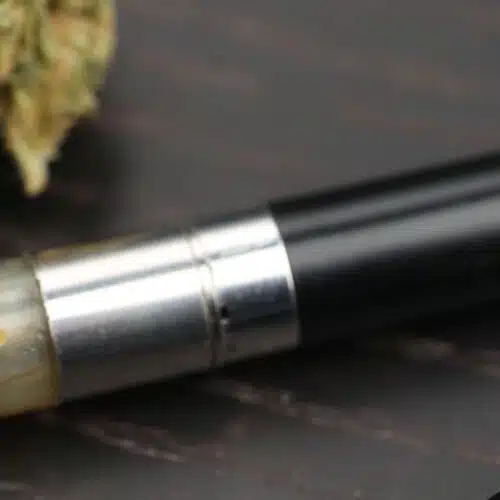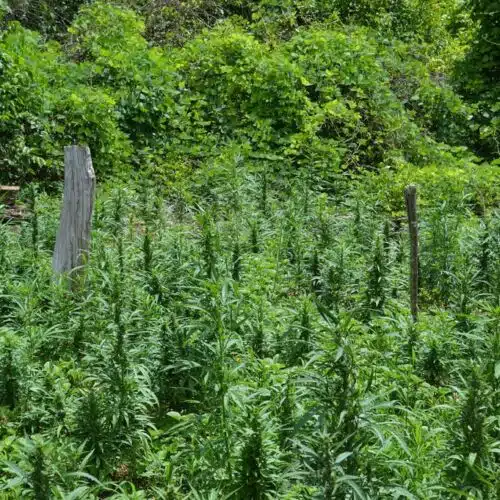On Monday, Vermont became the ninth state in the United States to legalize recreational marijuana and the first to do so through the legislative process. Vermont Republican governor Phil Scott signed House Bill 511, which will legalize possession of up to one ounce of marijuana, “with mixed emotions.” Governor Scott, like many fellow Republicans, is not sold on whether the bill will be successful in Vermont but believes, “what adults do behind closed doors and on private property is their choice, so long as it does not negatively impact the health and safety of others, especially children.”
History Of Cannabis Laws In Vermont
Vermont has been one of thirty states with a legal medical marijuana program since 2004. The success of legalized medical marijuana along with increased public support for full legalization made it easier for Republicans like governor Scott to pass House Bill 511. Traditionally, states interested in cannabis policy reform have passed ballot measures by popular vote. But due to Vermont state rules, that is not possible and the legislature was forced to address the issue.
The House passed a similar legalization bill in 2017 but it was vetoed by Governor Scott due to concerns about punishment for those caught selling marijuana to minors. Scott is still concerned about this and other issues such as highway safety and state involvement in regulation. To address these concerns, Scott has formed his own marijuana task force (though some see this as implicit bias against the yet to be created recreational cannabis market).
Regulating Marijuana Sales
Though House Bill 511 legalizes the possession of up to one ounce of cannabis, up to two mature cannabis plants, and up to four immature cannabis plants, it does not establish any sort of tax-and-regulate system for people to legally purchase cannabis. By not establishing a way for consumers to purchase cannabis legally out of the gate, black market sales will likely surge as House Bill 511 is implemented. In fact, Scott’s task force isn’t expected to have a recommendation regarding the regulation and sales of Vermont recreational marijuana until the end of 2018.
More States Will Legalize Cannabis
Vermont wasted no time becoming the first state in 2018 to legalize cannabis recreationally and it will certainly not be the last. New Jersey’s incoming governor Phil Murphy (D) promised during his inaugural speech to oversee the legalization of marijuana in 2018 with the hopes of “ending mass incarceration.” Other states like Oklahoma and Kentucky are expected to vote on medical marijuana initiatives sometime in 2018 as well. Depending on how votes are cast, 2018 could be another huge year for progressive cannabis legislation in America.


